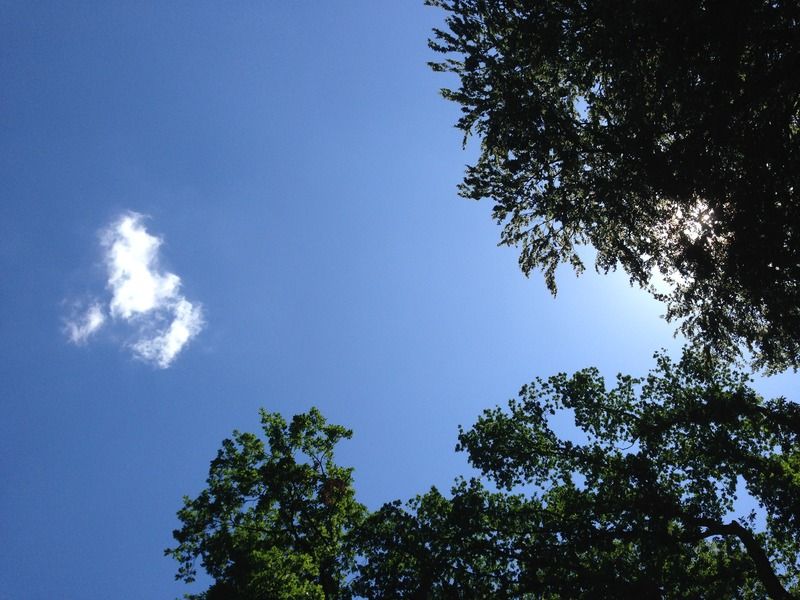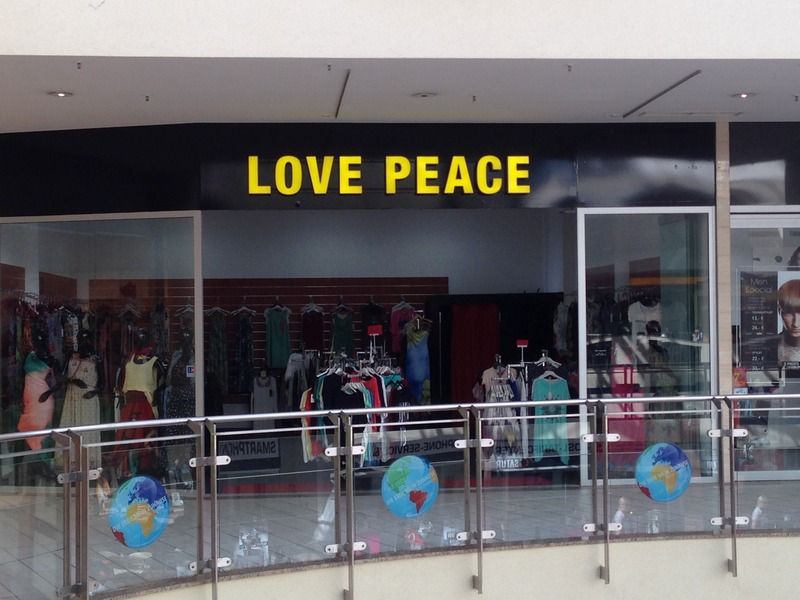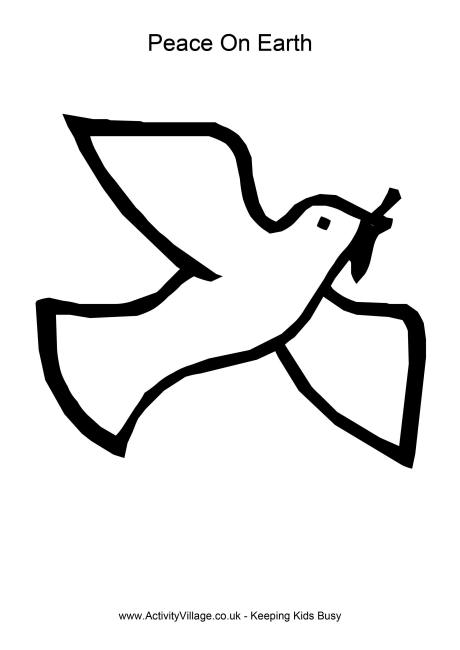
Posted on 06/06/2016 12:15:46 PM PDT by M. Thatcher
It is surely the last time, my friends, that the world will see this vast company of American vets assembled in Normandy on June 6. There are thousands still who dream dreams of those beaches, who, in silent moments, still see the faces of the fallen. They live among us, shoulder to shoulder, the old warriors of World War II.
But these are quiet men. In dark corners of their closets, in boxes in attics, lay things they can touch to bring it all back. Battered boots. Khaki blankets. Medals in a velvet case. A frayed packet of letters. Handfuls of trinkets plucked from uniforms of enemy dead. Yellowed telegrams. These are what’s left to have and to hold. These, and the stories they retell amongst themselves.
A million waves have pounded American blood off the sand of the beaches of Normandy; the war-stained farm soil has been tilled again and again in fifty seasons’ harvests. Sea birds, not bombers, scream over the coastal villages, and the winds, not bullets, whistle through the tall dune grass. It is almost as if the soldiers were never there.
And yet, nothing is the same.
History, some have said, is like a river. But on D-Day history held its breath, and the course could easily have flowed dark and malevolent … but for the bravery of the Americans. As true as this is, many in my generation shrug.
For some of us, D-Day is a short textbook entry, or grainy newsreel scenes spliced into old war movies on late-night TV. Lines of bombs disgorged from the bellies of war planes, parachutes floating into open fields, rifle-toting troops slogging through hip-deep seas, belches of smoke from battleships pumping artillery rounds — these are but small-screen images in black and white. We do not know the smell of death. There is not fear. It is a drama observed, and not lived.
The boys on the Normandy beaches, Utah, Omaha, Gold, Juno, Sword, choked on the smell of death and the taste of fear. They did not turn back.
They were the sons of the Depression. The road to manhood meant struggle and hardship and adversity and privation. When their country called them, they did what had to be done. The peace won, with their buddies’ blood and their hard soldiering, they came home.
When we are old, as the river of history rolls, we will slowly, surely come to see — though the lessons are plain now — just what they did for us. And it will be too late for us to tell them we know what we owe them. They are yet among us. So we must, while the soldiers still live, retell the heroes’ story — the greatest military operation the world has ever known.
The German soldiers overlooking the beaches of Normandy rested well on the night of June 4, 1944. They had no reason to lose sleep. After all, they were guarding the vaunted Atlantic Wall — a seemingly impregnable 3750 miles of concrete tank traps, bunkers, machine gun nests, and landing craft obstacles from the Netherlands to Spain. They turned in that night to rough seas and a stormy horizon — a view that must have seemed as natural to them and as inevitable as their supposed military mastery. There was no sign in the crashing waves or in the salt night air that the fateful order had been given by General Dwight Eisenhower, Supreme Allied Commander of the U.S. Army: “Okay. We’ll go.”
The Germans knew the Americans were coming, sometime, someplace — but surely it wouldn’t be here, now. Their intelligence had led them to conclude that the Allies would enter Europe farther up the coast, where the English Channel was much narrower. The deception was total.
At dawn, all hell broke loose. Operation Overlord, the Allied assault on Hitler’s “Fortress Europe,” began with an air attack, and continued with a naval bombardment the likes of which no army had seen. The Germans on the beaches awoke to what was for them an appalling sight, right out of their worst nightmares: the skyline congested with thousands upon thousands of Allied ships and landing craft — the largest armada ever assembled. Coming out of the fog of dawn, relentless and mighty and unstoppable, the American boys rode 6000 ships of war into enemy gunsights, got out of the boats, and walked, swam, crawled straight into enemy fire, wave upon wave of them, until the beaches groaned with soldiers, living and dying.
This, my friends, was valor. This was courage defined. This was the best that the human spirit does.
At Pointe du Hoc, 225 U.S. Army Rangers leaped from a British landing craft and attempted to scale a 328-food vertical bluff, using grappling hooks borrowed from the London Fire Department. Their mission: to destroy the huge German guns at the top of the bluff that threatened both Utah and Omaha beaches.
It was an impossible mission, but out of sheer bravery they kept climbing the ropes anyhow — hand over hand. Fewer than half made it to the peak; still, they knocked out the guns.
Above them and beyond them were the pilots, an umbrella of cover, 11,000 planes dropping 6.5 tons of bombs per minute, pounding German defense installations, transportation hubs, lines of communications, and air fields.
Invasion!
But with a difference. These Allied soldiers, the most powerful invasion force in the history of military conquest, did not come to conquer. They came to liberate. They brought freedom, not subjugation. When in the history of warfare had that ever happened before?
The people of Europe, a Nazi boot upon their necks, those in the death camps, those taking refuge among the rubble, those in the villages and the cities, waited, waited, keeping faith, holding hope, for such an invasion. They were yet alive, but they were not living. They had lost their countries to the oppressor; their futures defeated, it seemed. Nothing belonged to them any more. They could not pick up the commonest stone from a ruined street, or a shard of glass from a burned cottage, hold it high and say, This is mine. Nothing was theirs — not even the power to go, or to do, or to buy. It was all snatched by the tyranny of the twisted cross, which appeared to have beaten the most precious thing humans know: freedom.
And so on the gray morning of June 6, 1944 word passed from person to person, through the radio messages, neighbor to neighbor, town to town: a flash flood of news: “The Americans! The Americans!”
And in the coastal towns of Normandy, Sainte-Mère-Eglise, Sainte-Marie-du-Mont, Sainte-Laurent-sur-Mer, Bayeux, Arromanches, Douvres: “Come out! Come out! Liberations! C’est formidable!”
To see the C-47s flying low overhead, laden with soldiers, villagers streamed from their homes, breaking the German curfew forever.
Those Americans who took part that day, many violently ill from the rough seas, taking heavy fire as they debarked, to a man say it was the greatest day of their lives. “I wouldn’t take $10 million for it,” Felix Branham, 72, told The Washington Post earlier this year. “I was so proud to serve my country.” This was worth fighting for, and it was worth dying for.
The record of D-Day is this: the Allies broke through the Atlantic Wall at a cost of more than 2500 men. In all, 30,000 GIs were killed and 200,000 wounded in the Normandy campaign. It was one of the greatest battles in history — and it was the turning point in the war.
After heavy fighting in Normandy, and a massive Allied air campaign, Allied armored divisions drove to the Rhine, by October 1944 ridding most of France and Belgium of German forces. On April 30, 1945, Hitler shot himself. On May 7, eleven months and a day after the D-Day invasion, Germany signed its unconditional surrender.
Those are the plain facts. These are the sorts of things you will find in the volumes of military history, war records, and documentaries. But there is something else. D-Day and the World War II victory taught an entire generation a deep philosophical and moral truth that can never be shaken from their hearts and souls, because they lived it: the forces of liberty are greater than the forces of oppression. Good is stronger than evil.
It is an idea my generation has mocked. Many in my generation — absent the outer threat of evil and the inner spark of good — say there is no evil, there is no good. Yet their entire existence, the long, full peace in which they are free to mock, has been bought and paid for by those good soldiers who faced evil on the bloody beaches of Normandy … and on the battlefields of Midway, at Guadalcanal, Ploesti and Bastogne, at Chosin and Inchon, in the Delta, Kae Sanh and Hue and in Desert Storm.
In 1944, the power of American courage gave the French, the Italians, the British, the Germans and others back their lives. It is an immeasurable thing. Millions of ordinary citizens were again free to live, to raise families, to do all the ordinary things that ordinary people do in peace.
And this is treasured, and well remembered in homes and pubs in Normandy. There the villagers still, on June 6, raise a glass and say solemnly: “To the Americans.”
And it is time for us, too, to raise a glass to our fathers and grandfathers and their fellow soldiers: To the Americans. We owe you thanks, and we owe you deep humility, and we owe you love.
If ever there was a time when these words were to be said, directly to these old soldiers, that time is now.
Ten years ago, Ronald Reagan in Normandy was able to say, “Behind me is a memorial that symbolizes the Ranger daggers that were thrust into the top of these cliffs. And before me are the men who put them there. These are the boys of Pointe du Hoc. These are the men who took the cliffs.” And the boys of Pointe du Hoc were sitting there. This year, there are fewer. And soon they will be gone. All that will remain will be the lone rusty grappling hook that still clings to the edge of the cliff.
At the American cemetery at the Omaha battlefield the sea wind that pushed the soldiers ashore blows cool and clean over their graves. Under dazzling white marble crosses and Stars of David, 9386 young soldiers lie buried, at rest on the Normandy coast they died to free. They are from every state, with names that ring with the tones of all the world’s languages — Irish, Polish, Russian, French, Greek, English, Dutch, German, Scandinavian. They are all Americans.
The superintendent there says that young visitors from this country are often stunned by the sight, and by the ages of the fallen — 18. 19. 20. 21. They often ask, Why? What did it all mean?
That was the one thing no one who was on the beaches or in the air or in the villages or back home ever needed to ask. But if you must pose the question, it is well answered in the message one traveler wrote in the cemetery guest book. After surveying the row upon row of neat white headstones marking the soldiers’ bones, he penned the only epitaph that fits:
“The price of freedom.”
And so it is. No one who knows its cost can squander it.
The American boys of World War II, now aged, never asked their sons and daughters for thanks. But it is their due. Gratitude fills our hearts.
Such obnoxious disregard for the British contributions on D-Day.
Some numbers:
Warships:
British: 78,244
USA: 20,380
Troops:
British: 75,214
USA: 57,500
And so on the gray morning of June 6, 1944 word passed from person to person, through the radio messages, neighbor to neighbor, town to town: a flash flood of news: “The Americans! The Americans!”
I got to here, then it got to blurry to read.

FWIW, my father landed on Omaha Beach that day in the US Army.
This past winter I read Churchill’s six-volume history of WW2, and it left such a deep mark on my heart that I find it very hard to take Limbaugh chest-beating with no mention at all of the British, who were equal partners in the planning and execution of the invasion of Normandy, and who stood alone against the Axis powers for 3 years.
Churchill never would have committed such a slight, and would have found it intolerable I am sure.
WW2 Allied Casualties:
US: 407,300 out of pop. of 131,028,000
UK: 383,700 out of pop. of 47,760,000
Does the UK count include Commonwealth numbers as well?

Kind of looks like a peace dove?
After, we went to the mall and I took this picture: 

As do the people of Normandy, to this day.
A Normandy Girl Thanks American Soldiers Who Died Near Her Village
Feel free to write a tribute of your own to the brave Brits, who earned it.
Thanks for the post. I was in Infantry replacement training at this date. I was lucky I was not 6 months older or I likely would have been there. 5 months later I landed in Marseille part of a Regimental Combat Team. We were first in Patton’s 3rd Army than in Patch’s 7th. The last Nazi counter-attack to take Stassburg drove us back. We regrouped and by March we were on our way into Germany. I was in Munchen on April 30 when Hitler killed myself. Pardon me for writing this but I had to get it down while things were clear. I will be 91 this year so I hope you understand. Thanks Freepers.
God Bless You, Sir.
You are owed more than we can pay.
I was laying on the grass in Berlin today

Thank you, sir.
“but for the bravery of the Americans...”
I don’t think that comment was meant to belittle the contribution of the British and Canadians, but to emphasize the hardships the U.S. forces faced on Omaha beach. By a quirk of fate, Omaha Beach was defended by a veteran Wehrmacht infantry division, the 352nd, not a “static” division comprised of inferior troops.
What the U.S. 1st Div., 29th Div.,and Rangers faced at Omaha Beach was nothing like the other four Allied beaches. I believe the only other two-division amphibious force that could have taken Omaha Beach that day would have been the USMC.
Thank you for your service. We owe you a debt that can never be repaid.
Disclaimer: Opinions posted on Free Republic are those of the individual posters and do not necessarily represent the opinion of Free Republic or its management. All materials posted herein are protected by copyright law and the exemption for fair use of copyrighted works.